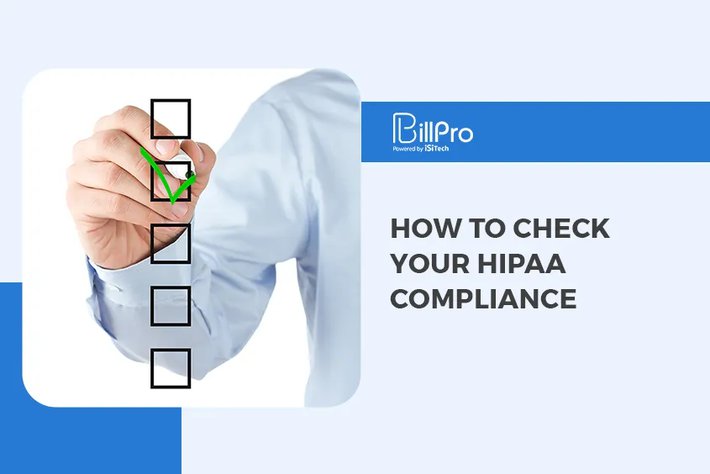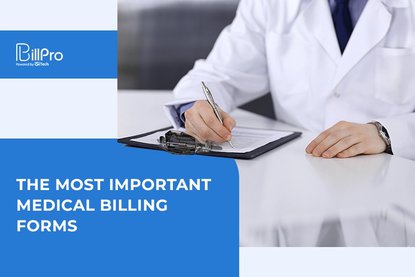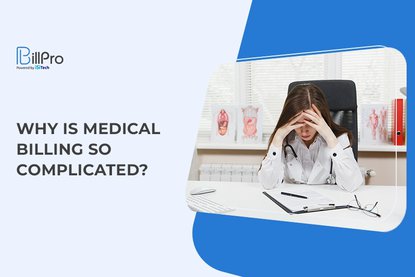With developments in technology, an increasing number of healthcare providers are adopting electronic medical records into their operations. This streamlines the flow of record-keeping and maximizes efficiency in their enterprises, but it comes with downsides, primarily related to data privacy and security.
When recording medical data and transmitting it from one location to another, protecting patient information must be the first priority. This is where HIPAA compliance comes in.
What is HIPAA?
The US Department of Health and Human Services implemented the Health Insurance Portability and Accountability Act (HIPAA) to protect and secure Protected Health Information (PHI).
Key HIPAA Terms You Should Know
To better understand HIPAA compliance and what it covers, you must know a few important terms:
Covered Entities
These are healthcare providers and organizations that interact with, manage, or create patient information. Examples include hospitals, clinics, pharmacies, health care providers, and health insurance companies.
Business Associates
These are vendors that provide covered entities with specialized services, such as professionals in law, finance, or IT. They may come into contact with patient records but don’t directly serve patients.
Personal Health Information (PHI)
This is the official designation for patient records. All HIPAA rules about privacy, security, and reporting protect and manage PHI.
Business entities and associates with access to PHI must implement physical, network, and process security measures that meet HIPAA standards. HIPAA regulations outline standards for critical aspects of healthcare data management, including:
-
A patient's right to privacy
-
The need for adequate protection measures to safeguard private data, and
-
The conditions healthcare institutions must meet if such data is breached
All covered entities (including all that serve, finance, bill, or run a healthcare institution) and their business partners must be HIPAA-compliant.
With such strict regulations in place, noncompliance incurs proportional penalties, including fines and a loss of federal funding for covered entities.
Sanctions and Fees for HIPAA Violations
Civil penalties start at $100 and can reach $25,000 per HIPAA violation. Criminal punishments are harsher, and willful HIPAA breaches are fined $50,000.
The maximum criminal punishment for a HIPAA breach by an individual is $250,000, with the potential for prison time. Additionally, victims of these violations may seek restitution.
There are different penalties for HIPAA violations for covered entities and business associates. Criminal offenses due to negligence can mean a 1-year jail term, while falsely obtaining protected health information is a 5-year felony.
How to Check if You Are HIPAA Compliant

HIPAA violations can cost your practice a pretty penny in fines or can shut it down altogether. It’s critical to shield yourself from risk, but how do you ensure that everyone at your organization understands their role and responsibilities? A HIPAA Compliance Checklist can help identify vulnerabilities in your practice and develop a plan to address them.
At NY BillPro, we’ve put together a 2024 HIPAA Compliance Security checklist, broken down into sections, for you to review your practice and ensure that your policies and procedures protect your patients’ privacy.
Audits
-
Conduct a privacy assessment to ensure that patient privacy is protected from initial appointments through the visit conclusion and billing
-
Analyze your software and technology to ensure that there are no security risks
-
Conduct an administrative assessment to make sure that your back-office procedures are HIPAA-compliant
-
Identify any deficiencies discovered during your compliance audit
-
Document the deficiencies and create a plan for addressing them
-
If your practice has subcontractors or other outside business associates, have you audited them to ensure they’re HIPAA compliant?
Evaluating Your Staff’s Understanding of HIPAA Compliance
-
Begin by training: All new employees should understand each rule for protecting patient privacy, the meaning of HIPAA, and the requirements of their job
-
Engage in ongoing professional training, making sure that each member of your team is aware of changes to HIPAA that affect how they perform their job
-
Clearly communicate all physical security, data security, and privacy policies to all employees. You may wish to draft a Standard Operating Procedure and have each employee sign that they understand it
-
Document all HIPAA training in each employee’s personnel file
-
Designate one staff member to oversee all HIPAA and patient privacy compliance in your organization
-
Limit Patient Health Information (PHI) to only those whose job requires them to have access
-
Limit facility access to prevent unauthorized access to patient files, including both physical and digital access
Setting PHI Policies and Procedures
-
Ensure that you have detailed information security and privacy policies in writing
-
Do you have a risk management policy? If you do not, you should have one in writing and ensure that it’s easily available in an emergency
-
Ensure that all PHI is encrypted if it’s to be shared across public networks
-
Set firm procedures with clear step-by-step instructions for the secure disposal of patient health records and information
What are your policies for PHI privacy violations?
-
Your PHI privacy policy should have protocols in place to inform all appropriate parties if a data breach occurs
-
Identify all business associates who may have access to PHI and draft agreements for protecting patient privacy with each associate
-
What is your contingency plan for responding to an emergency that damages the physical or electronic locations of your patient health information?
-
Do you have a method for employees to anonymously report a HIPAA violation?
Developing Appropriate Remediations
-
Set a remediation plan for the deficiencies found in your privacy assessment
-
Set a remediation plan for deficiencies found in your security risk assessment
-
Set a remediation plan for deficiencies found on the administrative side of your operation
Establishing Reporting and Investigations Policies
-
Develop a system to track and manage HIPAA violation investigations. Showing that you have an internal plan in place can help with HIPAA compliance and due diligence
-
What reports do you use to prove HIPAA due diligence?
-
Do you have a process to provide information about a PHI breach within the timeframe established by the Health and Human Services Department?
-
You must report breach violations with fewer than 500 individuals to HHS annually. What is your process for doing so?
Avoiding HIPAA Violations

Many people assume that hackers or similar malicious third parties are to blame for security breaches in the healthcare industry. Unfortunately, most violations arise from simple negligence and lack of compliance.
Seemingly minor missteps like discussing patient information in public or accidentally sending the wrong patient data are major violations that can lead to heavy sanctions.
To avoid violations, every element of your business operations must have systems in place to maintain compliance at all times.
Here is a short checklist to start with:
-
Employ strict data access and governance policy to maintain that all of your administrative and organizational actions adhere to HIPAA guidelines
-
Restrict data access and employ high-end technology for security, such as data encryption
-
Track and secure all mobile devices that have access to patient data
-
Conduct routine compliance audits on your business associates, contractors, and your own company
-
Work only with security companies with procedures in place for HIPAA compliance
-
Designate a HIPAA Compliance Officer to manage your enterprise’s compliance efforts
Stay HIPAA Compliant With NY BillPro’s Medicaid Billing Software
The medical industry is always moving forward, so why should your billing system be any different? NY BillPro is a HIPAA-compliant software system that allows you to move faster and smarter with your billing process.
About 3.6 million Americans miss or postpone medical care due to transportation difficulties. Medicaid covers non-emergency medical transportation (NEMT) for medical appointments, but rising gas prices make it more challenging for patients to access it and for organizations to bill clients.
BillPro provides a unique, proven solution with software that manages each step of the complex billing process. You can forget about manually managing multiple bills, denials, and appeals. NY BillPro's secure cloud storage, encryption, two-factor authentication, and password security ensure that the flow of data remains safe, secure, and HIPAA compliant.

 5/5 (3 votes)
5/5 (3 votes)
 244 views
244 views




